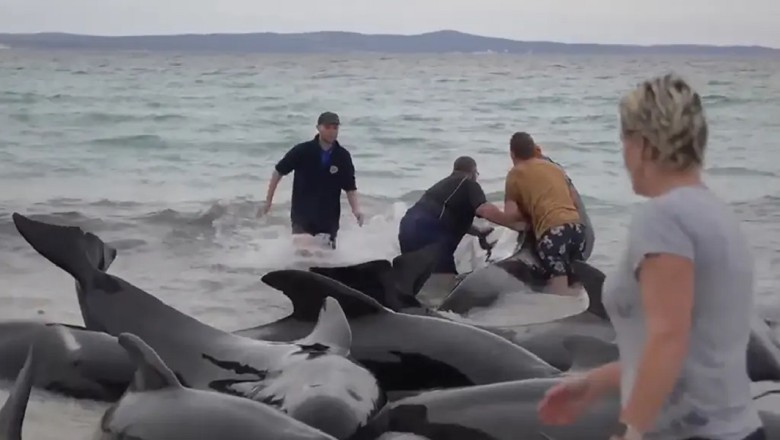
views
Over 50 Whales Stranded on Beach, Many Dead
Nearly 100 pilot whales have become stranded on a beach in Western Australia, with over half of them having already died. Rescuers are now working to return the remaining live whales back to the sea.
Of the nearly 100 pilot whales that became stranded on a beach in Western Australia, more than 50 have died. In a race against time, volunteers and official rescue teams are working to return the 46 remaining live marine mammals back to the ocean, according to the local conservation agency, Parks and Wildlife Services.
The whales had initially gathered closely together about 100 meters off the coast on Tuesday. Later, most of the herd began to strand themselves on Cheynes Beach, east of the city of Albany.
Not much time left for the live whales
According to Australian broadcaster ABC, 70 rescue personnel and 50 volunteers are involved in the operation. "People are trying to ensure that the animals stay wet," said Jeremy Friend, spokesperson for Parks and Wildlife. Veterinarians will first assess their condition before attempting to move them into deeper waters. Male pilot whales can grow up to eight meters long and weigh up to three tons.
Poor weather conditions and freezing water temperatures have made the rescue efforts challenging. The live whales have limited time, marine scientist Vanessa Pirotta told Australian ABC. "The moment a pilot whale or any type of whale comes onto land, the clock starts ticking in terms of its survival." There is also a risk of the whales re-stranding later.
Environment Minister: "A terrible tragedy"
The state's Minister for the Environment, Reece Whitby, traveled to the beach to assess the situation. "What we are witnessing is deeply heart-wrenching and distressing. It is simply a terrible, terrible tragedy to see these dead pilot whales on the beach."
The authorities have urged onlookers not to approach the animals: "For safety reasons, the public is strongly urged to stay away from the beach." There are numerous dangers involved in the rescue attempts, "including large, distressed, and potentially sick whales, sharks, rough seas, heavy machinery, and vessels." Sufficient registered volunteers are already available.
Unusual behavior of the whales
Drone footage from the Department of Biodiversity, Conservation and Attractions showed that the whales had formed a heart shape in the water before stranding on the beach. "It's just an amazing event," said Joanne Marsh, owner of a local caravan park, to ABC. "We've never experienced anything like it before." According to wildlife experts, the unusual behavior of the whales could indicate stress or illness within their group. Pilot whales are known to be highly social animals. The drone images could suggest that the whales lost their sense of direction, said scientist Vanessa Pirotta from Macquarie University. It is unlikely that the group of whales was trying to escape from a predator.
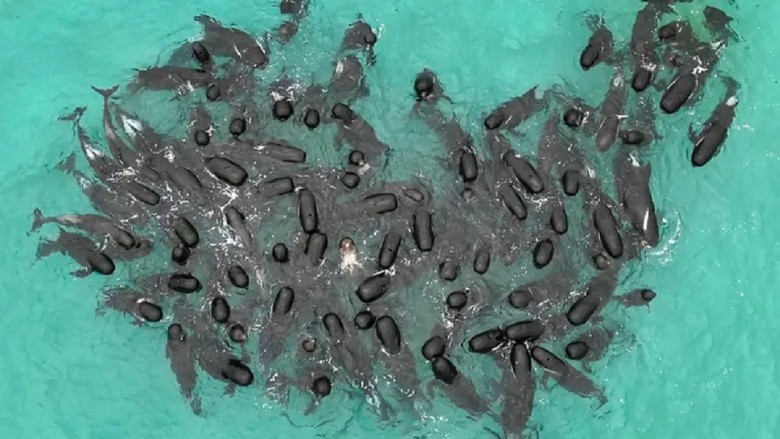
Pilot whales form extremely close bonds with each other. They travel in large groups during certain seasons, which increases the risk of mass strandings.
Last year, 230 pilot whales stranded on Tasmania's coast, with 200 of them dying. In 2018, 100 ocean giants died after a mass stranding in Hamelin Bay, Western Australia.










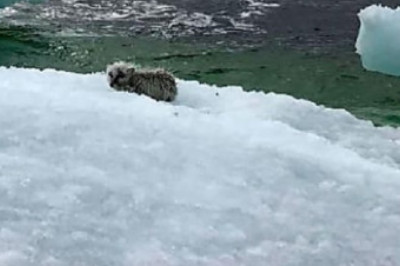


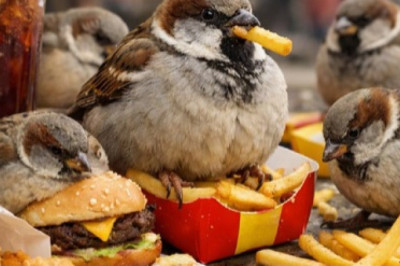
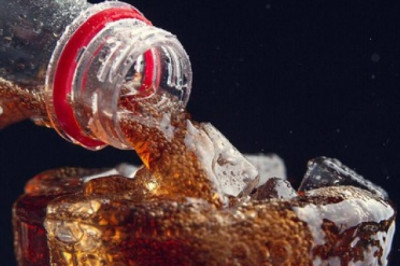
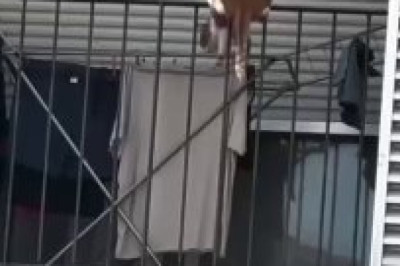


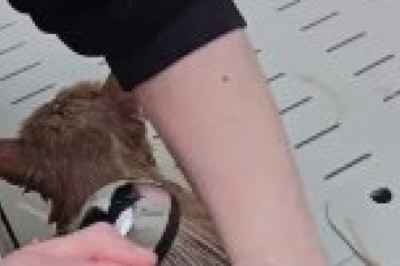
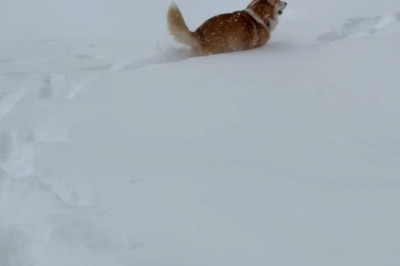
Comments
0 comment